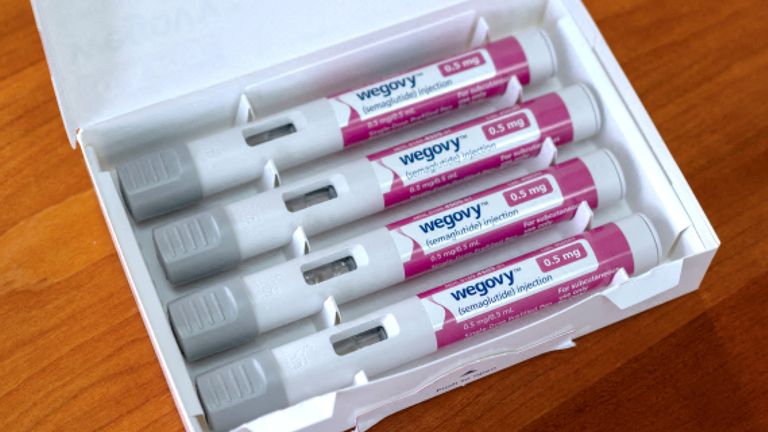Support truly
independent journalism
Support Now
Our mission is to deliver unbiased, fact-based reporting that holds power to account and exposes the truth.
Whether $5 or $50, every contribution counts.
Support us to deliver journalism without an agenda.

Louise Thomas
Editor
A parasite found in soiled cat litter could be a future treatment for neurological disorders such as Alzheimer’s and Parkinsons, according to scientists.
Scientists used an engineered form of Toxoplasma gondii, a common parasite found in cat poo, to deliver proteins to the brain in mice.
In the past, neurological healthcare has been limited by the difficulty of delivering targeted treatment across the blood-brain-barrier and into the correct location inside neurons.
Toxoplasma gondii is believed to be carried in a dormant state by a third of the population worldwide, and has evolved to travel from the digestive system to the brain where it secretes its proteins into neurons.
It has evolved to cross the blood-brain-barrier and placenta, and poses a risk to pregnant women as it can cause miscarriages – leading to advice that expectant mothers should avoid handling litter trays if their cat hunts for prey outdoors.
Most neurological conditions, including Alzheimer’s Disease, Parkinsons and Rett Syndrome, have been linked in some way to protein dysfunction, but scientists have struggled to address the problem at the source.
The potential to use engineered brain parasites to deliver treatment across the blood-brain-barrier was described as “pioneering” and a global breakthrough – although it is still years away from becoming reality.
International researchers led by the University of Glasgow in collaboration with Tel Aviv University wanted to establish if the parasite could act as a medicine delivery vehicle to disease-affected brain cells.
The study team first had to find out whether they could effectively make the parasites produce the therapeutic proteins, and then test whether the parasites would be able to “spit” the proteins back out into affected brain cells.

Researchers focused on engineering the parasites to deliver the MeCP2 protein, which has already been proposed as a promising therapeutic target for Rett syndrome, a debilitating neurological disorder caused by mutations in MECP2 gene.
The parasite successfully produced the protein, and then delivered the protein to the target cell location in brain organoids and in mice models.
Further experiments will take place to engineer the parasites so it dies after delivery, to prevent additional cell damage.
The study, Engineering a Brain Parasite for Intracellular Delivery of Proteins to the Central Nervous System, is published in Nature Microbiology.
It suggests that with further research and testing, parasites could potentially play a role in the delivery of therapeutic proteins to the brain.
Professor Oded Rechavi, of Tel Aviv University, said: “Evolution already ‘invented’ organisms that can manipulate our brains, I think that instead of re-inventing the wheel, we could learn from them and use their abilities.”
Professor Lilach Sheiner, one of the leading authors of the study from the University of Glasgow’s School of Infection and Immunity, said: “This is a blue-sky project where our collaborative team was thinking out of the box to try to tackle the long-standing medical challenge of finding a way to successfully deliver treatment to the brain for cognitive disorders.
“The concept is not without challenges, considering the dangers involved with Toxoplasma infection.
“For our work to become a treatment reality it will require many more years of careful research and development to enhance efficiency and improve safety.”
Disclaimer: The copyright of this article belongs to the original author. Reposting this article is solely for the purpose of information dissemination and does not constitute any investment advice. If there is any infringement, please contact us immediately. We will make corrections or deletions as necessary. Thank you.



